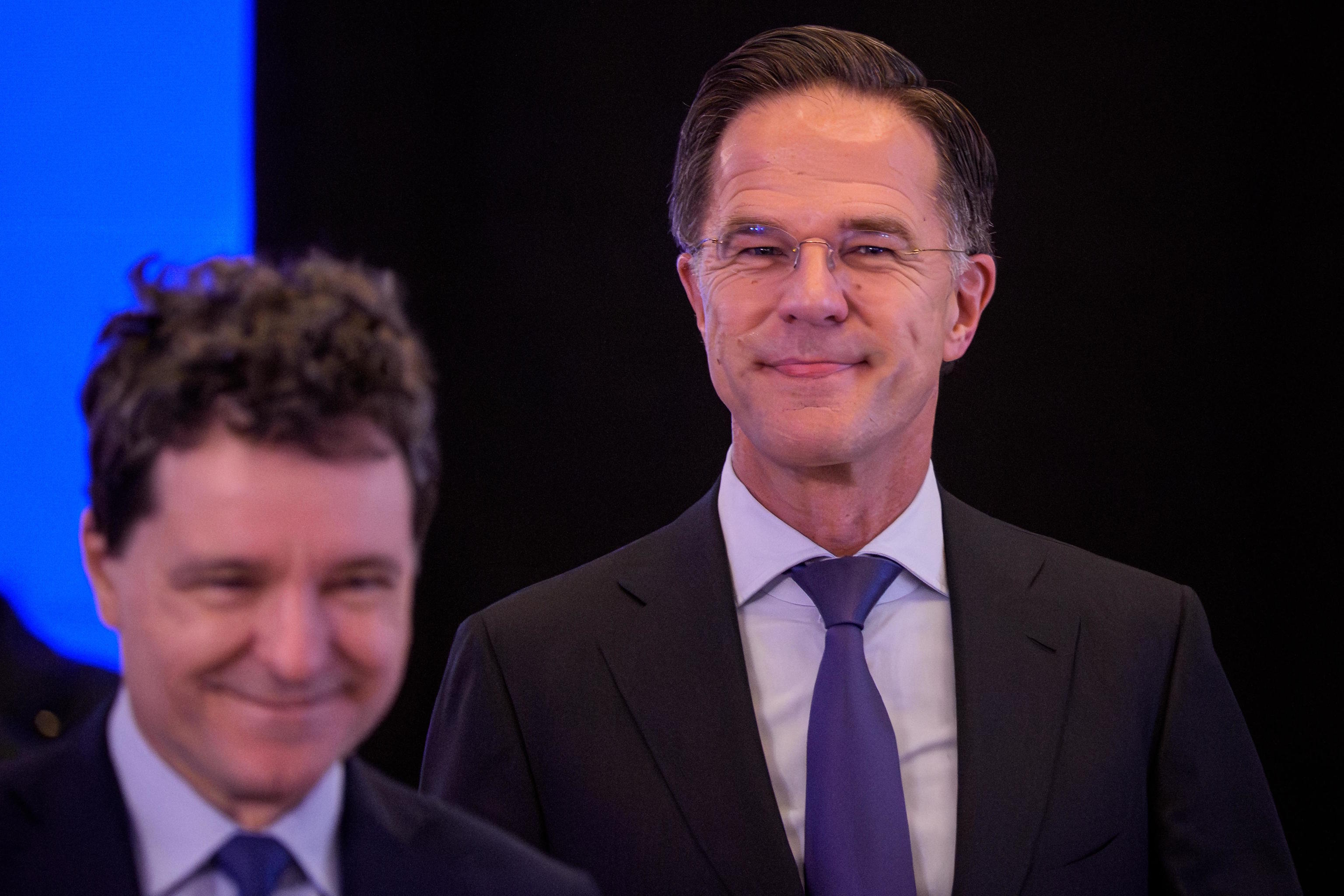Belgium's Intelligence services have confirmed on Wednesday that, "most likely", the drones that in the past hours have flown over Belgian civilian and military targets are Russian. On Tuesday evening, Brussels airport, the country's most important, had to interrupt its activity due to the presence of unmanned aerial vehicles. A similar situation occurred at Liege airport, and the military air bases of Kleine-Brogel, Schaffen, and Florennes were also targeted. Russia is undoubtedly accelerating its hybrid warfare and is already in Central Europe.
The confirmation from Belgium's Intelligence services, as reported by the Belgian News Agency, came just before NATO Secretary General, Mark Rutte, tried to downplay the shift made by the United States: the country has started to reduce its presence in Europe and has already withdrawn troops from Romania.
"These adjustments are not unusual. Even with these changes, the presence of US forces in Europe remains higher than in many previous years. President Trump and his Administration made it very clear at the Hague summit their total commitment to NATO and our joint efforts," stated the head of the Alliance precisely from Romania, where he traveled to participate in some events and also to show the total commitment of the North Atlantic Treaty Organization.
The country's President, Nicusor Dan, expressed a similar stance and highlighted the Alliance's Eastern Sentinel program, which aims to protect the flank closest to Russia. However, there is evident concern in diplomatic circles about the US shift, which will focus more on the Indo-Pacific region, that is, on China. Furthermore, the decision is considered as potentially an invitation for Vladimir Putin to increase his activity, hybrid warfare, and provocations.
"This is why reaching 5% of GDP in military spending is so important," diplomatic sources responded when asked about the evolution of events. Europe will have to be self-sufficient or, at the very least, have a much higher capacity than the current one to face Russia. And that means spending much more.
Regarding Belgium, the seriousness of the situation is evidenced by the fact that the country's Prime Minister, Bart De Weber, will chair the National Security Council meeting. The Russian provocation has many possible implications and interpretations. The capital, Brussels, is home to the main European institutions and also hosts NATO headquarters. Therefore, Russia's drones reaching the city and the bases can be understood as a Russian attempt to demonstrate European and allied weakness.
Additionally, according to Flemish press reports, the violation of Belgian airspace could also be a way to warn Belgium that it should not allow the EU to use Russian assets frozen for up to 185,000 million accumulated in Euroclear, a Belgian-based financial securities clearing and settlement company.
De Wever strongly opposed the European Commission providing a reconstruction loan for Ukraine using this liquidity, stating that if it did, Belgium would suffer the consequences. Perhaps linking the drone violations and the possibility of using those assets is intentional, but it is indeed a possibility being discussed in the country. Amid all this, the country's Prime Minister may have to resign due to the inability to pass federal budgets. This could happen on Thursday, precisely after the aforementioned National Security Council meeting.
